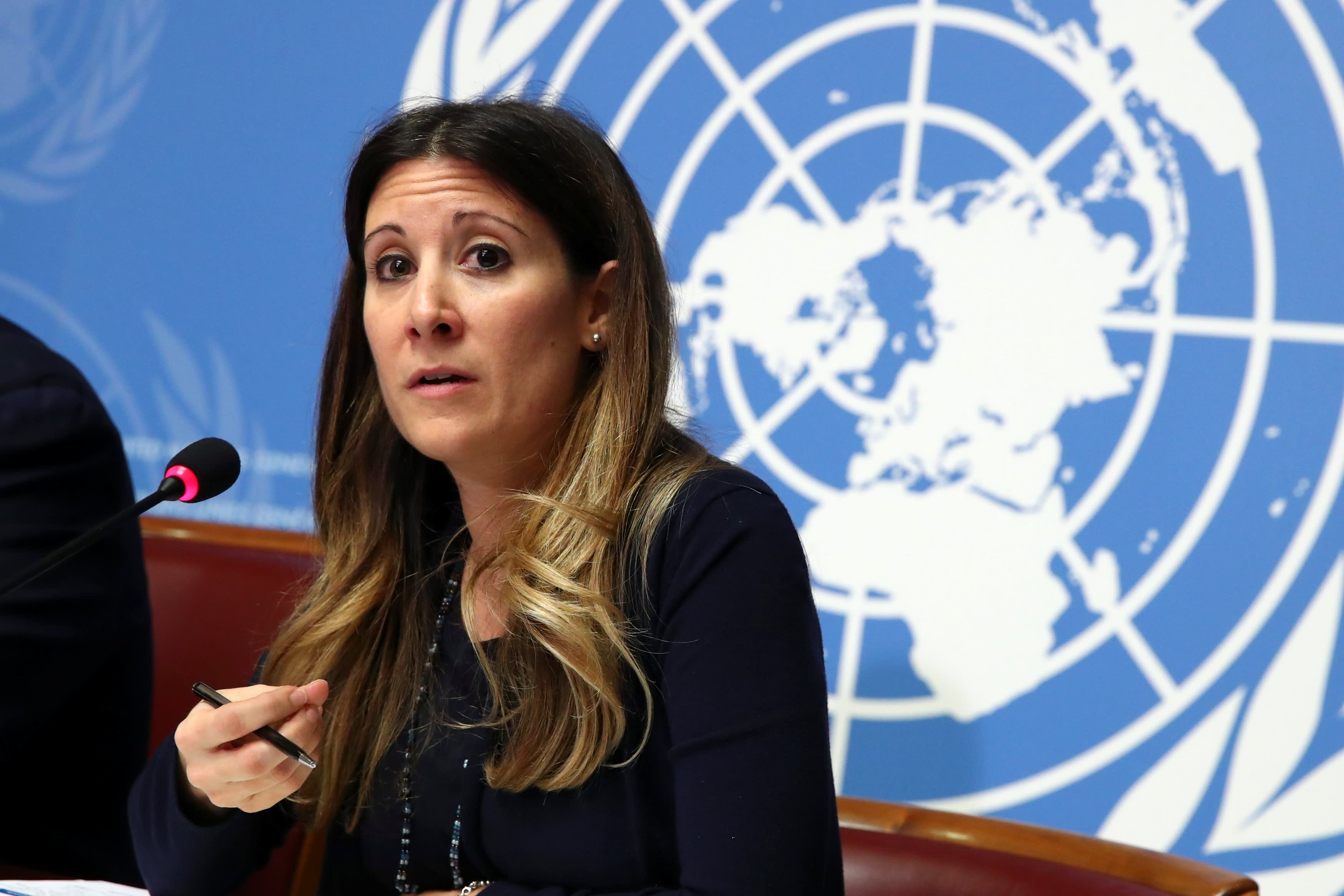A top World Health Organization official said that misinformation about Covid-19 and vaccines appears to have gotten worse in recent weeks and is keeping people from getting the shots and driving an increase in cases around the world.
Public health leaders have blamed conspiracy theories and misinformation for growing distrust of the vaccines around the world — so much so that U.S. Surgeon General Vivek Murthy declared Covid misinformation a “serious public threat” in the U.S. last month.
“In the last four weeks or so, the amount of misinformation that is out there seems to be getting worse, and I think that’s really confusing for the general public,” Maria Van Kerkhove, WHO’s technical lead on Covid-19, said during a Q&A livestreamed on the organization’s social media channels Tuesday. That’s become another risk factor that is “really allowing the virus to thrive,” she said.
Misinformation has become a growing problem in the outbreak, fueling vaccine hesitancy among a wary public, health officials say. They hope that formal approval of Pfizer’s Covid vaccine on Monday will help push some people on the fence about getting immunized to get the shots.
Three in ten unvaccinated Americans said they would be more likely to get the vaccine once it is FDA approved, according to a Kaiser Family Foundation survey conducted July 15 to July 27. Some medical experts worry that some unvaccinated Americans used the lack of FDA approval as a credible explanation for their hesitancy, and will now look to other excuses for why they refuse to get the vaccine.
Most unvaccinated Americans think the Covid vaccines are more of a threat to their health than contracting the virus itself, according to Kaiser’s data. Americans least likely to receive a Covid-19 vaccine are mostly white, less likely to have a college degree and Republican, according to Kaiser’s data.
Dr. Peter Marks, director of the Food and Drug Administration’s Center for Biologics Evaluation and Research, said misinformation about the vaccine is “one of the biggest challenges that we still face in getting the public vaccinated.”
“We’ve heard false claims that the Covid-19 vaccine causes infertility, contains microchips and causes Covid-19,” Marks said. “And worse, we’ve heard false claims that thousands of people have died from the vaccine. Let me be clear: these claims are simply not true.”
The director of the WHO’s Latin America branch, Pan American Health Organization, made a personal appeal to residents of Caribbean countries to “wake up” from the slumber of misinformation and get vaccinated as Covid misinformation spreads throughout the islands.
Misinformation has plagued public school board meetings across the country as school districts weigh mask and vaccine mandates for children and staff returning for the upcoming school year. Parents and community residents have shown up to public school board meetings to lambast education and public health officials for considering mask mandates as videos of residents citing unproven and false claims about the Covid and vaccines go viral on social media.
Vaccination could help us get Covid-19 under control by the spring of 2022, according to the medical advisor to the president, Dr. Anthony Fauci.
“I would like to appeal to the people in the country who are not vaccinated to realize that we have the capability among ourselves to essentially cut down the timeframe to getting to the end of this pandemic,” Fauci said during a press briefing Tuesday. “Get vaccinated and the timeframe will be truncated dramatically.”
